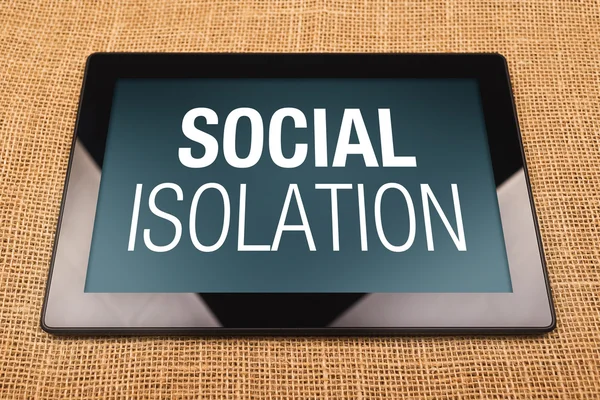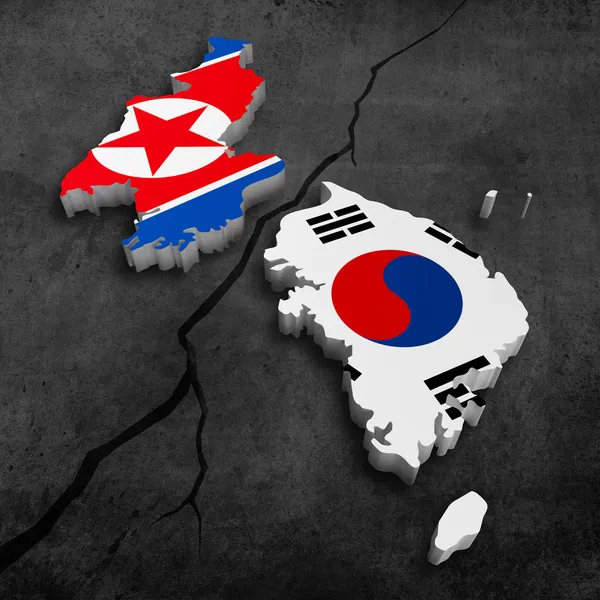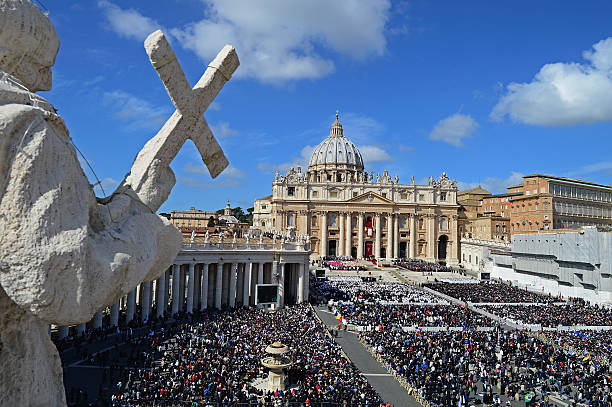
In the Eyes of the Clergy column of the Catholic Peace Weekly, we are given some of the facts behind a few items in today's world news.
Alla Yarosinskaya, a former member of the Supreme Soviet of the Communist Party of the Soviet Union, used a 600-page report on the Chernobyl nuclear power plant accident that the Soviet Union had thoroughly concealed after the collapse of the Soviet Union. The report described how the Soviet Union fabricated and concealed the truth about the Chernobyl nuclear accident in Ukraine. Yarosinskaya, who obtained the report, exposes the truth of Chernobyl in a book titled "Chernobyl, The Hidden Truth" (Crime Without Punishment) long after the nuclear accident.
According to Yarosinskaya, at the time of the Chernobyl accident, the Soviet authorities knew the damage was serious, but thoroughly concealed it. The standard values were manipulated to reduce the number of radiation exposure victims and changed to deaths from natural causes. With the state's lies, the Chernobyl nuclear power plant explosion looked like a small accident, but the people suffered greatly. Diseases such as cancer and leukemia have led to a great increase in premature deaths and numerous birth defects. Alla Yarosinskaya, who faced the truth long after the nuclear accident, confesses: "The most dangerous material from the Chernobyl nuclear power plant is neither cesium nor plutonium, it is a lie."
The discharge of contaminated water from the Fukushima nuclear power plant in Japan has entered a countdown. Tokyo Electric Power Company has virtually finished the construction of the water tunnel from the nuclear power plant to the sea and has begun sending seawater into the water tunnel. Experts expect that Japan will begin discharging the water after the final investigation by the International Atomic Energy Agency this month. Currently, 1.33 million tons of contaminated water are stored in the tank, and once discharged, the contaminated water will flow into the sea continuously for the next 28 years. Ahead of Japan's discharge of contaminated water, we repeat Yarosinskaya's point. It is the lie of the state.
The former prime minister, himself was a pro-nuclear power plant proponent who pushed for nuclear power, but after he learned the truth about nuclear power, he confesses that he has now become an anti-nuclear activist. Despite numerous Japanese declarations of conscience, including the former prime minister, we do not fully know the truth about the Fukushima nuclear power plant.
Buddhist monks visited the Japanese embassy to condemn Japan's discharge of contaminated water, and Catholic nuns visited the Japanese embassy to urge an official apology for the comfort women issue. On the spot, the monks and nuns who are working with truth prayed together. The nation marched together to tell us not to lie and to tell the truth and apologize if we did not. I don't know if it's because the nuns read the lies of the state that covered the truth, from comfort women, and the monks from the victims of Fukushima and Chernobyl.
Therefore, the discharge of contaminated water is an ethical issue. Our judgment on whether the state is lying or not is important. We must look at the discharge of contaminated water in Fukushima with reverence for the life given by the Creator. The writer wonders if the people who have improved their environmental knowledge with RE100 should be the ecological ethics experts in our society. [RE100 is the global corporate renewable energy initiative bringing together hundreds of businesses committed to 100% renewable electricity]





